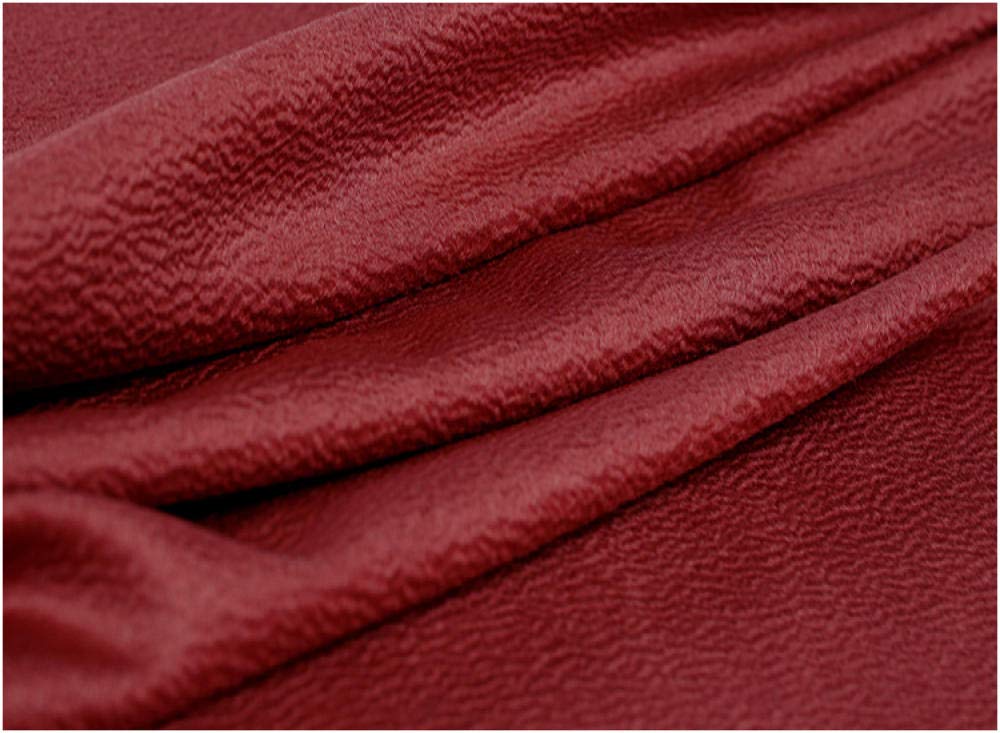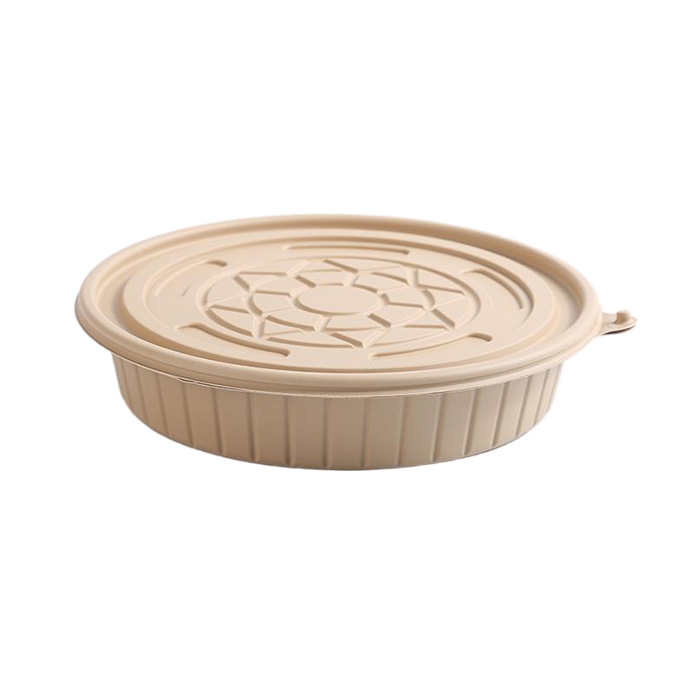Unraveling the Myth: Does 100% Cotton Mean 100% Cotton?

In the world of textiles and clothing, the term "100% cotton" is often used to indicate that a product is made entirely of cotton fibers. However, the reality behind this seemingly straightforward label is more complex than it appears at first glance. In this article, we will delve into the nuances of what "100% cotton" truly means and explore the various factors that can affect the composition and quality of cotton products.
- Understanding Cotton Fiber Composition:
Cotton is a natural fiber derived from the cotton plant, known for its softness, breathability, and versatility. When a product is labeled as "100% cotton," it implies that the fabric or material is made solely from cotton fibers without any synthetic or blended components. This designation is often associated with high-quality, natural textiles that offer comfort and durability. - Challenges in Cotton Labeling:
Despite the clear definition of "100% cotton," the textile industry faces challenges in accurately labeling products due to various factors. For instance, some manufacturers may use deceptive marketing tactics by claiming a product is "100% cotton" when it actually contains a blend of cotton and other fibers. This can mislead consumers who are seeking genuine 100% cotton products. - Quality Control and Certification:
To ensure transparency and authenticity in labeling, reputable brands and manufacturers adhere to strict quality control measures and certifications. Organizations such as the Cotton Incorporated Seal of Cotton and the Global Organic Textile Standard (GOTS) provide certifications that guarantee the purity and integrity of cotton products. By looking for these certifications, consumers can make informed decisions when purchasing cotton goods. - Factors Affecting Cotton Quality:
The quality of cotton products can vary based on factors such as the type of cotton used, the manufacturing process, and the finishing treatments applied. For example, organic cotton is grown without synthetic pesticides or fertilizers, making it a sustainable and environmentally friendly choice. Additionally, the way cotton fibers are spun, woven, and dyed can impact the overall feel and performance of the fabric. - Consumer Awareness and Education:
In a market saturated with textile products, it is essential for consumers to be informed and discerning when shopping for cotton goods. By understanding the nuances of cotton labeling and quality standards, individuals can make conscious choices that align with their preferences for comfort, sustainability, and authenticity.
In conclusion, while the term "100% cotton" may seem straightforward, the reality is more nuanced and multifaceted. By delving into the complexities of cotton fiber composition, quality control measures, and consumer awareness, we can unravel the myth surrounding what truly constitutes 100% cotton. Next time you see a product labeled as such, remember to look beyond the surface and consider the factors that contribute to its authenticity and quality.





